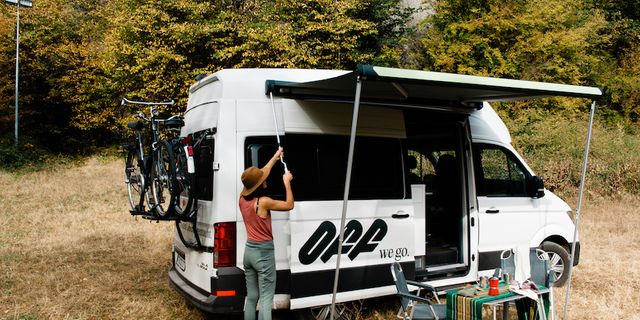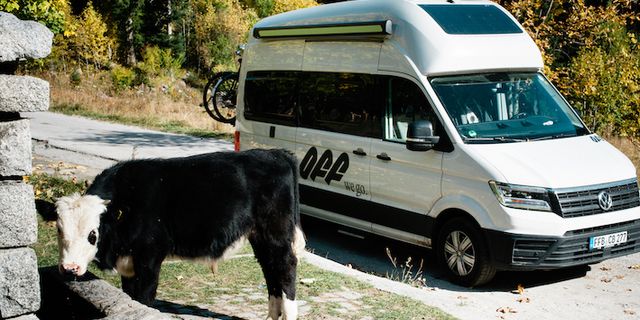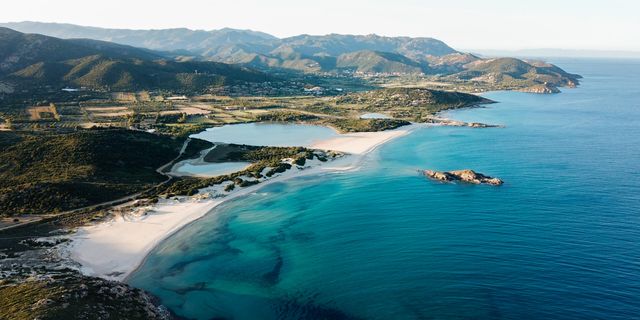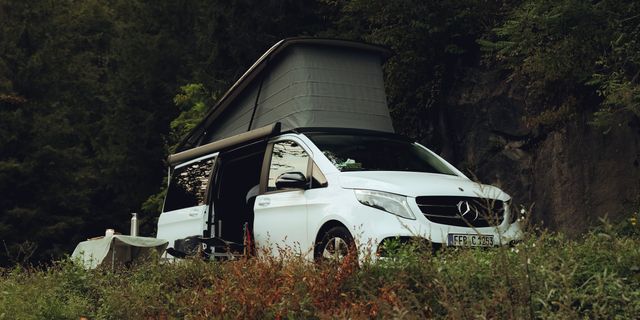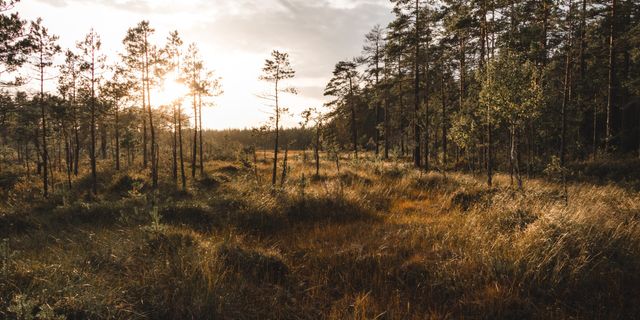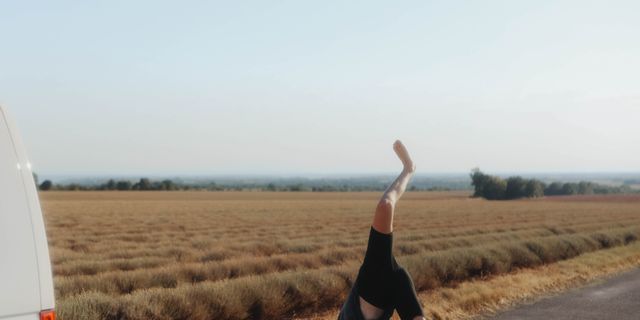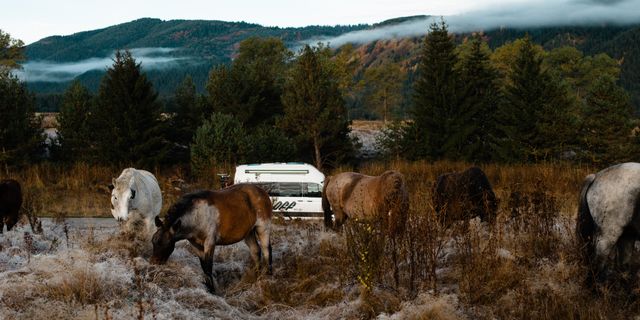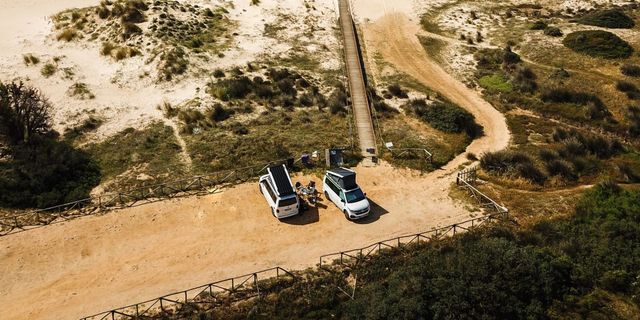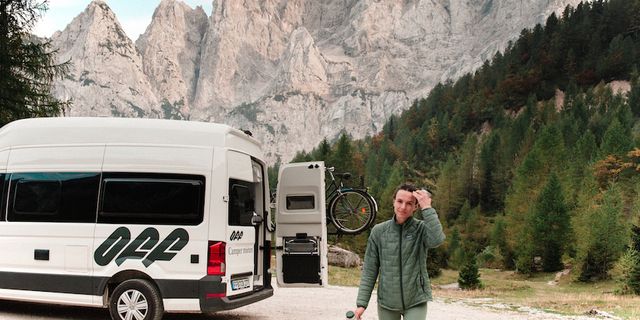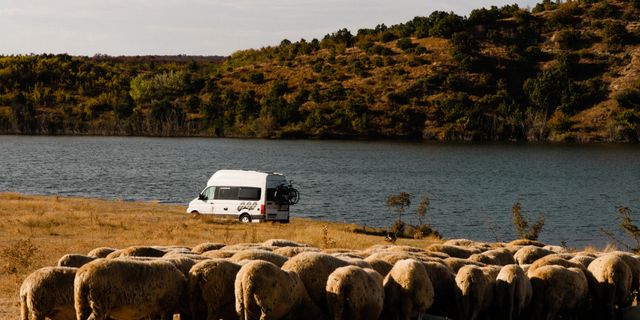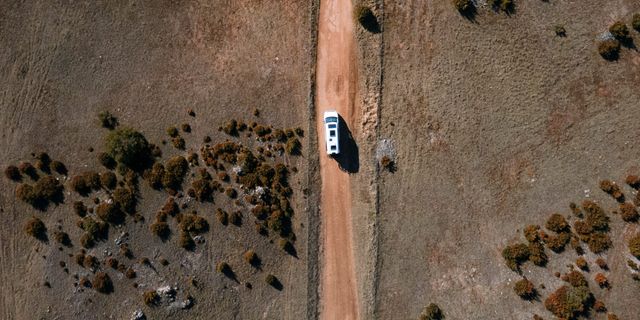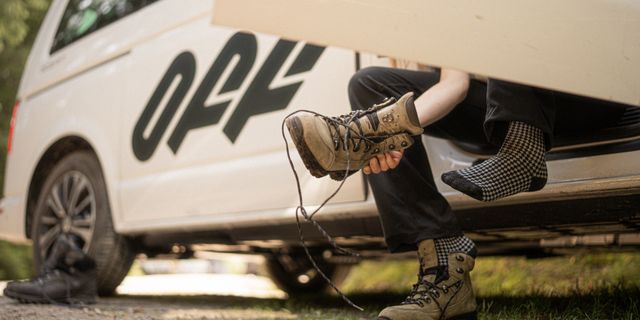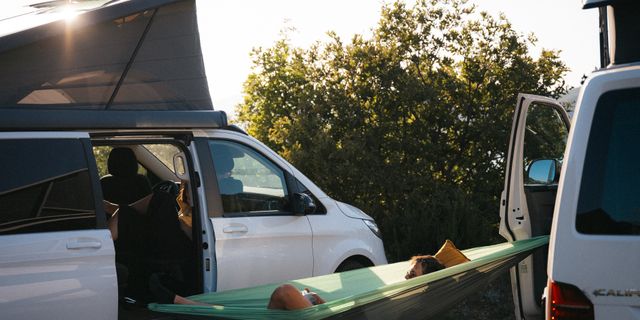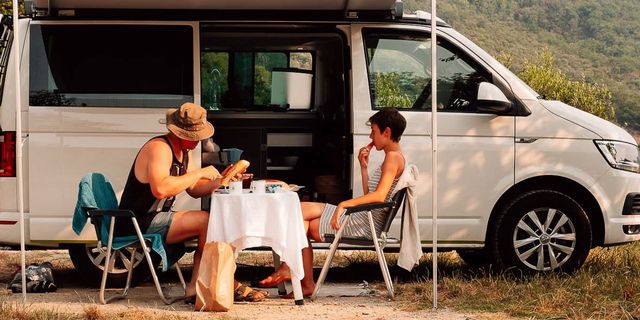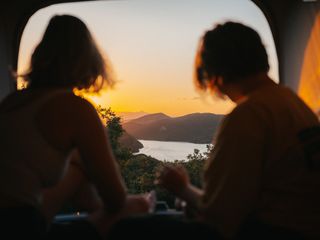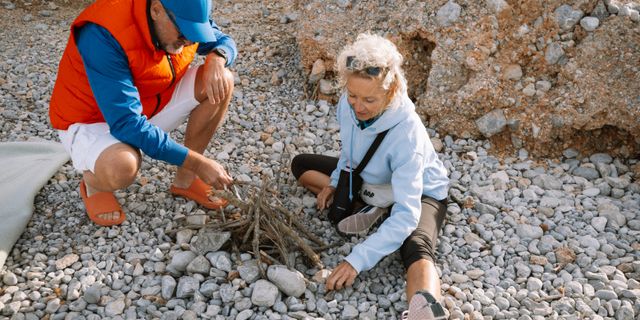
Wild camping in Europe
Get in the camper and set off. Experience nature. Breathe in the fresh air. Watch the sunsets. And then spontaneously spend the night exactly where it is most beautiful. It would be nice!
Unfortunately, it's rarely that easy. And this dream of wild camping, of unlimited, individual travel, often comes to an end at the latest when the first "no camping" signs appear.
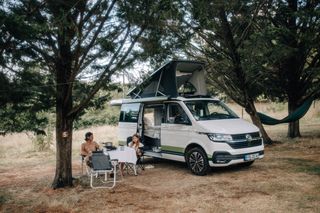
Wildcamping
Permitted, tolerated or strictly forbidden?
There are countless regulations that differ not only from country to country, but even between regions. And the regulations are often so opaque that instagrammable vanlife quickly turns into studying law books and paragraphs.
General information on wild camping in Europe
What is wild camping?
What is wild camping?
Wild camping means spending the night outside of designated pitches or campsites. For example, setting up a tent or parking freely with a car, camper or RV. The fascination of wild camping lies in its individuality and connection to nature which is why forested areas and coastal regions are particularly popular for these kind of trips.
But regulations are often confusing and in the vast majority of cases wild camping is so vaguely regulated that one has to rely on the tolerance of authorities as well as the goodwill of locals.
What are the common rules for wild camping?
What are the common rules for wild camping?
- Naturally, a distance to residential buildings must be maintained. A minimum distance of 150 metres serves as a rough guide.
- Most countries have bans on wild camping in nature reserves and national parks.
- Wild camping is almost always limited in time: Even the right of public access limits the stay to a maximum of 2 days. After that you should move on!
- In the vast majority of cases wild camping is only an option for a limited number of people or tents: groups of campers with large tents are not welcome even in countries that allow wild camping.
- There is a clear distinction between free standing (i.e. sleeping in a campervan), camping and bivouacking: Even in regions that allow wild camping you should always check whether this also includes sleeping in your car or campervan.
- Respect for nature and the locals is the number one priority in wild camping.
Why is wild camping prohibited?
Why is wild camping prohibited?
Wild camping bans primarily exist to protect nature. Setting up tents or parking vehicles is an extreme burden on both flora and fauna. In addition, campfires, litter and noise leave great damage behind and animals are driven out of their natural habitat by noise, campfire smoke and pollution.
Unfortunately, wild camping also often impacts the locals in the area: it not only regularly conflicts with property rights and regulations regarding land usage but completely self-sufficient travel also harms local tourism. By using local campsites and restaurants you support the local economy and give back to the locals living in the holiday region.
What are the fines for unauthorised wild camping?
What are the fines for unauthorised wild camping?
Depending on the country fines usually vary between €50 and €500.
In some cases – and if severe damage to nature was left behind – fines can even reach a four-figure amount.
Wild camping in Europe
Countries & customs
We have researched the regulations on wild camping in various European countries for you.
Right of public access and Wild Camping in Scandinavia
In the Nordic countries the right of public access makes wild camping comparatively easy. This is an old regulation that grants everyone a right to nature. Wild camping outside of public campsites is therefore allowed. This even applies to private land! Only nature reserves and national parks are exempt in many cases – but this is usually clearly marked.
People & nature
Rules of conduct for wild camping
Wild camping tip no. 1
Ask nicely
A call to the local authorities can usually provide helpful tips and a whole lot more clarity. In addition, most farmers will be happy to provide you with a spot in their meadow to spend the night if you ask them nicely, saving you a sleepless night full of secret uncertainty.
